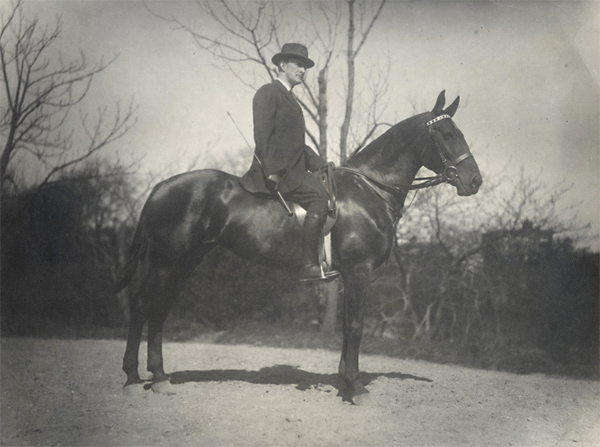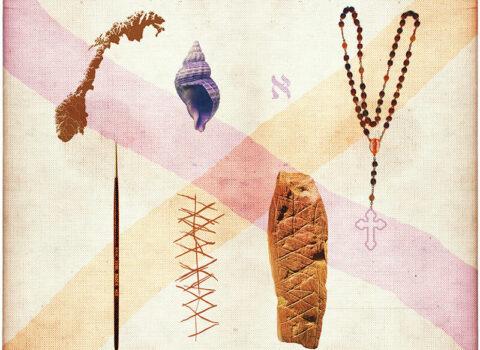
In a long letter from T.S. Eliot to John Quinn, dated July 9, 1919, one finds the following:
I am sorry to say that I have found it uphill and exasperating work trying to impose Joyce on such “intellectual” people, or people whose opinion carries weight as I know, in London. He is far from being accepted, yet. I only know two or three people, besides my wife and myself, who are really carried away by him. There is a strong body of critical Brahminism, destructive and conservative in temper, which will not have Joyce. Novelty is no more acceptable here than anywhere else, and the forces of conservatism and obstruction are more intelligent, better educated, and more formidable.
How very nice it is to read such phrases as “He is far from being accepted, yet,” and “I only know two or three people, besides my wife and myself, who are really carried away by him.” Ha-ha, one thinks. For there is great retrospective pleasure of seeing the individual vindicated by history. This is pretty plain, but there is also the practical pleasure of seeing how the individual, in literary history, is always making a mark despite, and often on behalf of, better things and people. Here, Eliot and Quinn were doing their little part, one piece of the job of enjoying art. Being loud about it, when you like it, matters a good deal, it turns out (and sure, it helps to have a good voice).
Quality is the key to any serious literary endurance, yes, but friendship is underrated as a critical tool. Anyone can write a blurb extolling, adverbially, the “fearlessly brilliant” and “daringly brave” (?) qualities of some someone’s latest something. But not everyone will write and circulate defenses of under-known works and undervalued artists, try to raise cash for the strapped genius, advocate in public and push in private for the virtues of the great but obscure.
Eliot did, and Pound, and Ford, and Quinn, and a great many more. We forget, now and again, in the careerist whirl of the weird little business that is made of writing, how much altruism there is among those who do this sort of work. Half the fun comes in passing the literal or figurative hat when one believes in the virtues and virtue of something rare. “Critical Brahminism” (not to say profligate moronism) meets many, merry dooms.
































































































